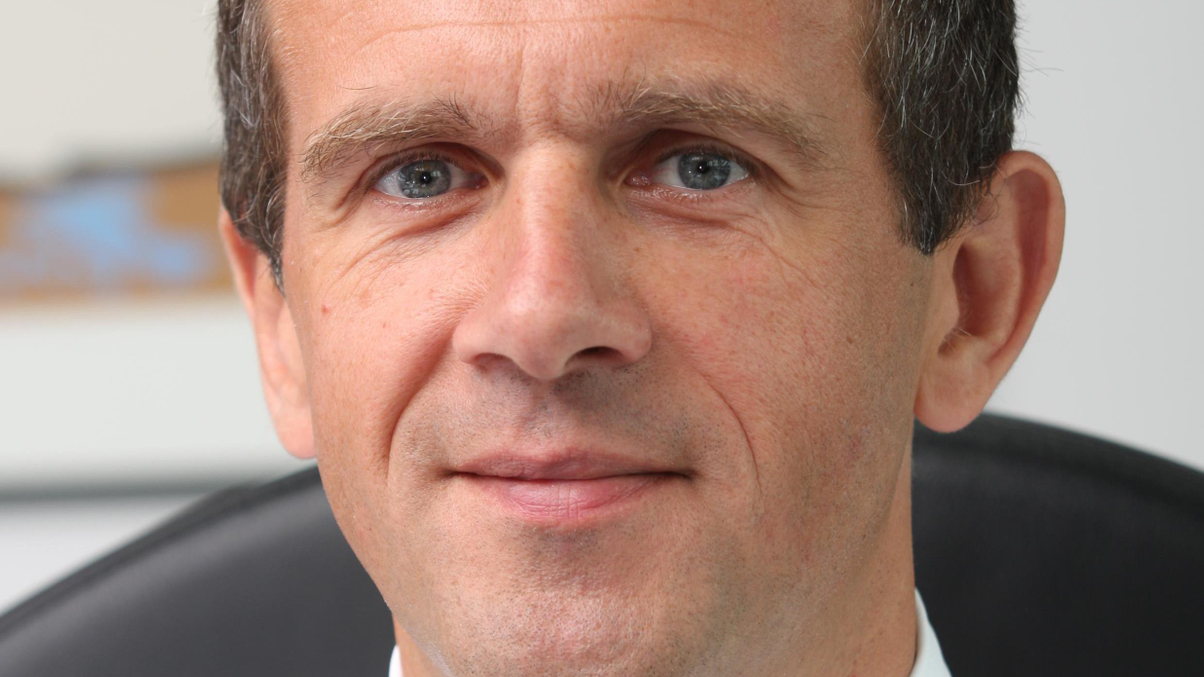BDL joins growing list of fund admin providers in Asia
Another new arrival in Hong Kong is Banque Degroof Luxembourg, which will target small and medium-sized funds. It says Korean asset managers are eager to set up Ucits vehicles.

Banque Degroof Luxembourg (BDL) has joined a growing list of fund administration providers with operations in Asia and is picking up clients in the region, senior executives tell AsianInvestor on a visit to Hong Kong last week.
Sign in to read on!
Registered users get 2 free articles in 30 days.
Subscribers have full unlimited access to AsianInvestor
Not signed up? New users get 2 free articles per month, plus a 7-day unlimited free trial.
¬ Haymarket Media Limited. All rights reserved.


